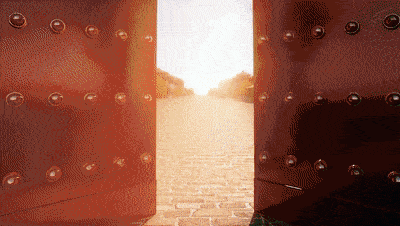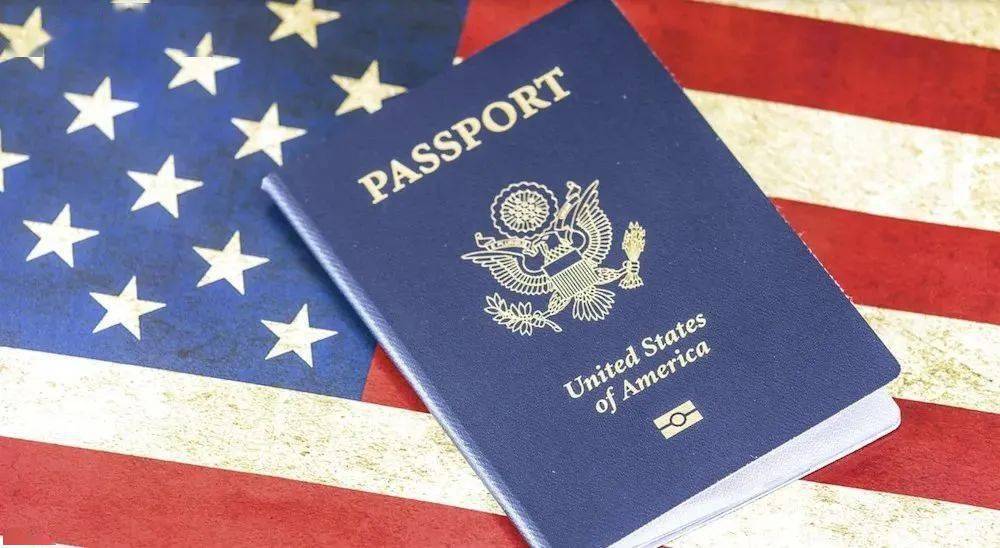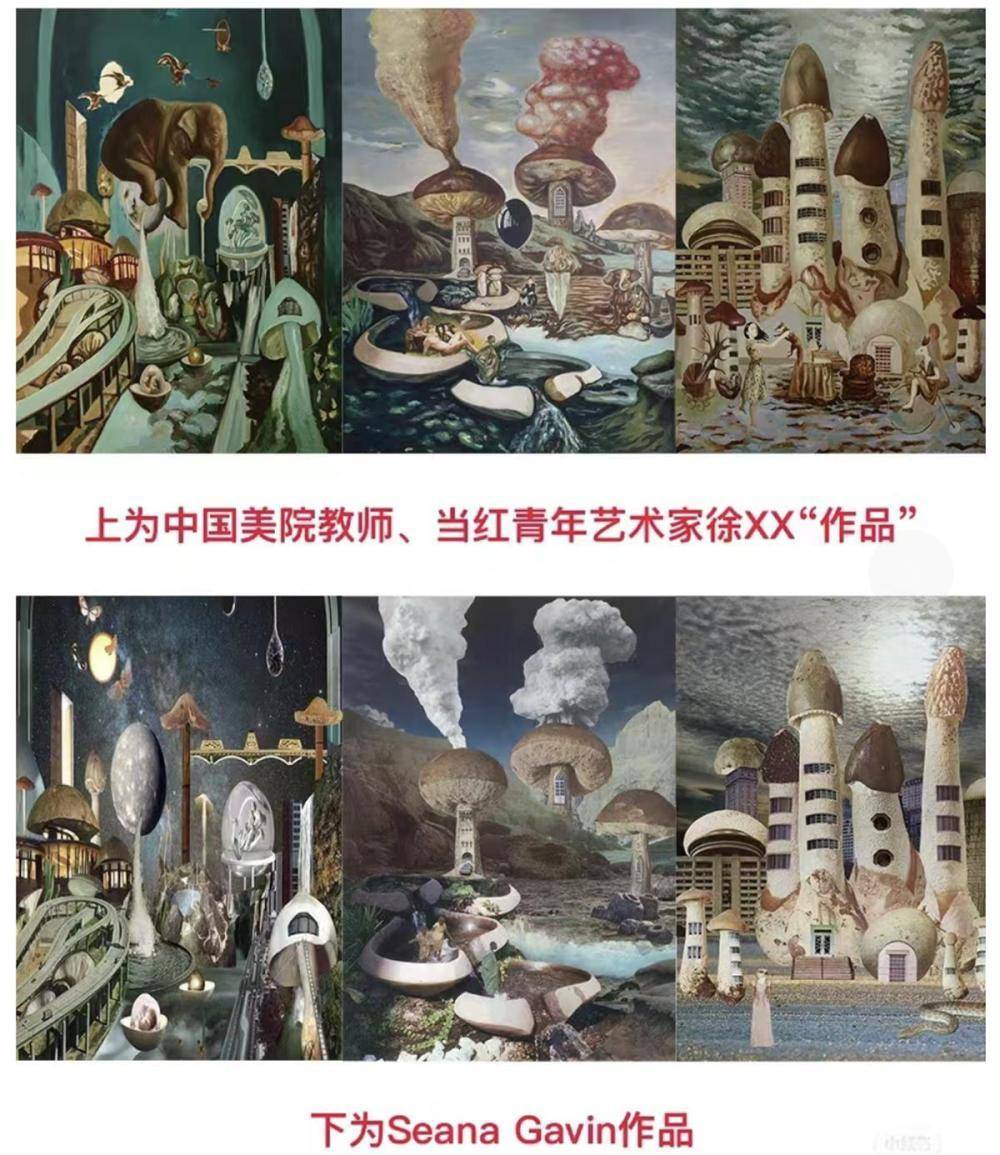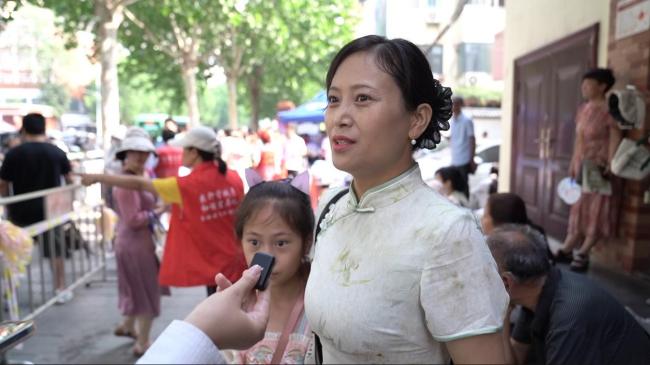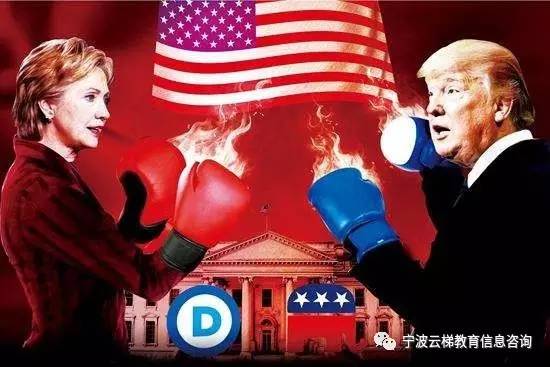
美国两党制背景知识
杰斐逊在1789年9月出任国务卿,在任期间与汉密尔顿在经济和外交等方面的施政方针上发生分歧。1793年辞去国务卿职务,建立和领导民主共和党,与汉密尔顿领导的联邦党相抗衡,对日后美国两党制的形成和发展有着重大意义。
共和党的前身为1792年成立的民主共和党。1825年,民主共和党分裂,其中一派组成国民共和党,1834年改称辉格党。另一派由安德鲁·杰克逊领导,并于1828年创建民主党。
1850年代中,奴隶制成为美国政治舞台的中心问题,社会分歧很大,尤其是在关于西部新域是否应该允许奴隶制的问题上分裂更是极端尖锐。辉格党采取了骑墙的态度,结果导致直接灭亡,1854年被共和党取代。
共和党当时的主要政策就是要消灭美国国土上所有的奴隶现象。六年后,林肯赢得1860年大选,新生的共和党第一次登上了政治舞台的中心。当时的环境下,政党的地位很高,是统治著全国的政制机构,因此党派的理念就成为了大多数普通人日常生活的一部分。对某党的忠诚由父辈传给子辈,党派活动(包括大型宣传活动、正装行进活动、火炬游行等等)是很多社区群体社交生活的一部分。
史称的第二党系(Second Party System)则是民主党与他们的主要对手—辉格党之间的对峙。民主党根据支持度最高的纽约、宾夕法尼亚州、弗吉尼亚州、以及边境地区建立起了一个全国性的联盟,但他们在东北部六州的新英格兰依然势力不大。如同杰斐逊党人一般,民主党强烈反对“贵族的”精英统治和银行,并且将他们的民意基础诉诸于“人民”。到了1820年代时,选举权已经没有一定规模财产的限制,因此几乎所有地区的白人男性都能参与投票了。
民主党是一个复杂的政治联盟,由来自全国农村的农夫、以及都市地区的劳工团体所支持。民主党在1830年代的主要议题是建立起一个更强的政党机制、反对国家和中央银行、并且反对那些以牺牲纳税人来达成工业发展的现代化政策。与工业垂直的分工不同的是,民主党强烈拥护新农业土地的扩张,在1846年后驱逐西部印地安人并取得大片土地便是这种例子之一。
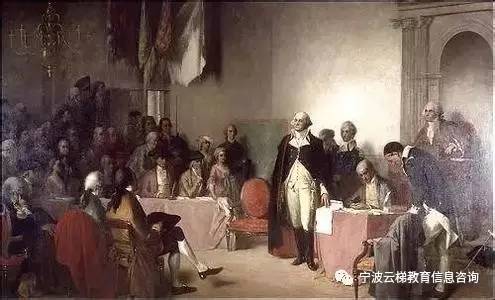
Early Years of the Republic
The new Chief ExecutiveGeorge Washington– a renowned hero of the American Revolutionary War, commander-in-chief of the Continental Army, and president of the Constitutional Convention– became the first President of the United States under the new Constitutionin 1789. The national capital moved from New York to Philadelphia and finally settled in Washington DC in 1800.
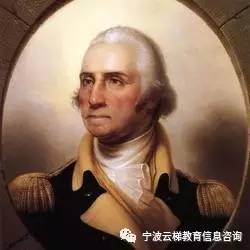
The major accomplishments of the Washington Administrationwere creating a strong national government that was recognized without question by all Americans.His government, following the vigorous leadership of Treasury Secretary (财政部长) Alexander Hamilton, assumed the debts of the states (the debt holders received federal bonds), created the Bank of the United Statesto stabilize the financial system, and set up a uniform system of tariffs (taxes on imports) and other taxes to pay off the debt and provide a financial infrastructure. To support his programs Hamilton created a new political party – the first in the world based on voters – the Federalist Party. (联邦党; 美国政党,成立于1787年,最初由汉密尔顿领导,积极拥护美国宪法的实施,主张建立中央集权的联邦政府和企业集团)
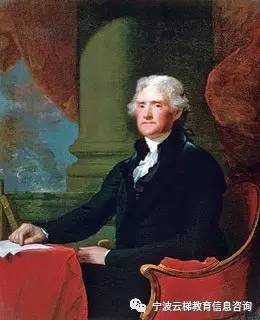
Thomas Jeffersonand James Madisonformed an opposition Republican Party (usually called the Democratic-Republican Partyby political scientists). Hamilton and Washington presented the country in 1794 with the Jay Treaty(杰伊条约) that reestablished good relations with Britain. The Jeffersonians vehemently protested (强烈反对), and the voters aligned behind one party or the other, thus setting up the First Party System. Federalists promoted business, financial and commercial interests and wanted more trade with Britain.Republicans accused the Federalists of plans to establish a monarchy, turn the rich into a ruling class, and making the United States a pawn of the British. The treaty passed, but politics became intensely heated.
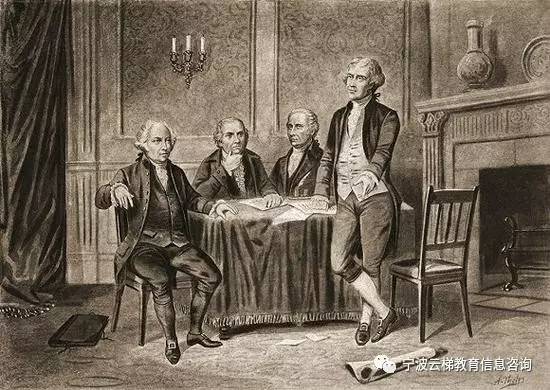
The Whiskey Rebellion in 1794, when western settlers protested against a federal tax on liquor, was the first serious test of the federal government.Washington called out the state militia (自卫队) and personally led an army, as the insurgents (叛乱者) melted away and the power of the national government was firmly established.
Washington refused to serve more than two terms – setting a precedent (先例) – and in his famous farewell address, he extolled (赞美) the benefits of federal government and importance of ethics and morality while warning against foreign alliances and the formation of political parties.
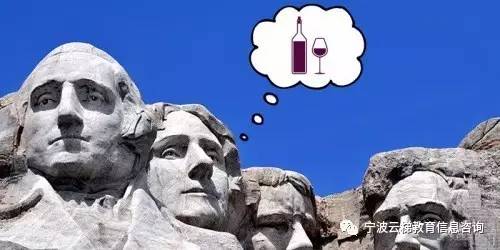
John Adams, a Federalist, defeated Jefferson in the 1796 election. War loomed with France and the Federalists used the opportunity to try to silence the Republicans with the Alien and Sedition Acts (煽动叛乱行为), build up a large army with Hamilton at the head, and prepare for a French invasion. However, the Federalists became divided after Adams sent a successful peace mission to France that ended the Quasi-War (美法短暂冲突) of 1798.
Thomas Jeffersondefeated Adams for the presidency in the 1800 election. Jefferson's major achievement as president was the Louisiana Purchasein 1803, which provided U.S. settlers with vast potential for expansion west of the Mississippi River.
Jefferson, a scientist himself, supported expeditions to explore and map the new domain, most notably the Lewis and Clark Expedition. Jefferson believed deeply in republicanismand argued it should be based on the independent yeomanfarmer (自耕农) and planter; he distrusted cities, factories and banks. He also distrusted the federal government and judges, and tried to weaken the judiciary (司法制度). However, he met his match in John Marshall, a Federalist from Virginia. Although the Constitution specified a Supreme Court, its functions were vague until Marshall, the Chief Justice (1801–35), defined them, especially the power to overturn acts of Congress or states that violated the Constitution, first enunciated (清晰地阐明) in 1803 in Marbury v. Madison.

Second Party System
After the First Party Systemof Federalists and Republicans withered away in the 1820s, the stage was set for the emergence of a new party systembased on very well organized local parties that appealed for the votes of (almost) all adult white men. The former Jeffersonian party split into factions. They split over the choice of a successor to President James Monroe, and the party faction that supported many of the old Jeffersonian principles, led by Andrew Jacksonand Martin Van Buren, became the Democratic Party. As Norton explains the transformation in 1828:
Jacksonians believed the people's will had finally prevailed. Through a lavishly financed coalition (联合) of state parties, political leaders, and newspaper editors, a popular movement had elected the president. The Democrats became the nation's first well-organized national party...and tight party organization became the hallmark of nineteenth-century American politics.
Jacksonians believed the people's will had finally prevailed. Through a lavishly financed coalition (联合) of state parties, political leaders, and newspaper editors, a popular movement had elected the president. The Democrats became the nation's first well-organized national party...and tight party organization became the hallmark of nineteenth-century American politics.
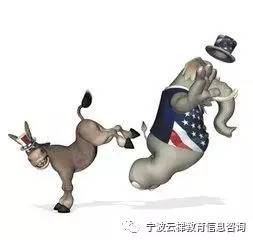
Opposing factions led by Henry Clayhelped form the Whig Party. The Democratic Party had a small but decisive advantage over the Whigs until the 1850s, when the Whigs fell apart over the issue of slavery.
Behind the platforms issued by state and national parties stood a widely shared political outlook that characterized the Democrats:
The Democrats represented a wide range of views but shared a fundamental commitment to the Jeffersonian concept of an agrarian society.They viewed the central government as the enemy of individual liberty. The 1824 "corrupt bargain" had strengthened their suspicion of Washington politics. ... Jacksonians feared the concentration of economic and political power. They believed that government intervention in the economy benefited special-interest groups and created corporate monopolies that favored the rich.They sought to restore the independence of the individual — the artisan and the ordinary farmer — by ending federal support of banks and corporations and restricting the use of paper currency, which they distrusted. Their definition of the proper role of government tended to be negative, and Jackson's political power was largely expressed in negative acts. He exercised the veto more than all previous presidents combined. Jackson and his supporters also opposed reform as a movement. Reformers eager to turn their programs into legislation called for a more active government. But Democrats tended to oppose programs like educational reform mid the establishment of a public education system. They believed, for instance, that public schools restricted individual liberty by interfering with parental responsibility and undermined freedom of religion by replacing church schools. Nor did Jackson share reformers' humanitarian concerns. He had no sympathy for American Indians, initiating the removal of the Cherokees along the Trail of Tears (血泪之路).
The Democrats represented a wide range of views but shared a fundamental commitment to the Jeffersonian concept of an agrarian society.They viewed the central government as the enemy of individual liberty. The 1824 "corrupt bargain" had strengthened their suspicion of Washington politics. ... Jacksonians feared the concentration of economic and political power. They believed that government intervention in the economy benefited special-interest groups and created corporate monopolies that favored the rich.They sought to restore the independence of the individual — the artisan and the ordinary farmer — by ending federal support of banks and corporations and restricting the use of paper currency, which they distrusted. Their definition of the proper role of government tended to be negative, and Jackson's political power was largely expressed in negative acts. He exercised the veto more than all previous presidents combined. Jackson and his supporters also opposed reform as a movement. Reformers eager to turn their programs into legislation called for a more active government. But Democrats tended to oppose programs like educational reform mid the establishment of a public education system. They believed, for instance, that public schools restricted individual liberty by interfering with parental responsibility and undermined freedom of religion by replacing church schools. Nor did Jackson share reformers' humanitarian concerns. He had no sympathy for American Indians, initiating the removal of the Cherokees along the Trail of Tears (血泪之路).





